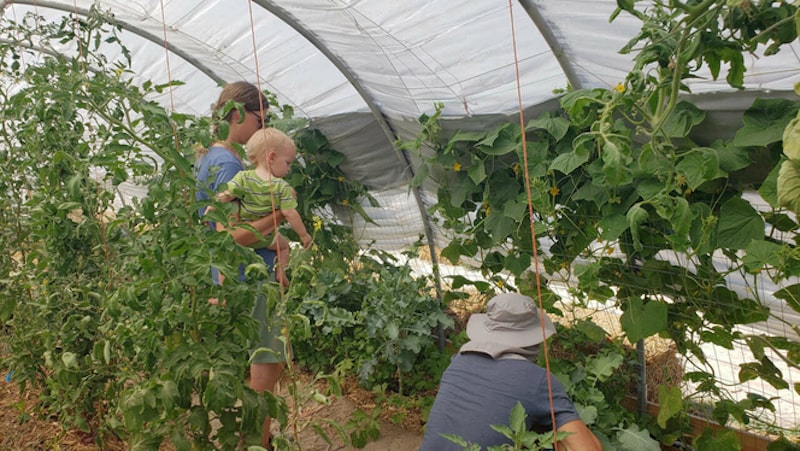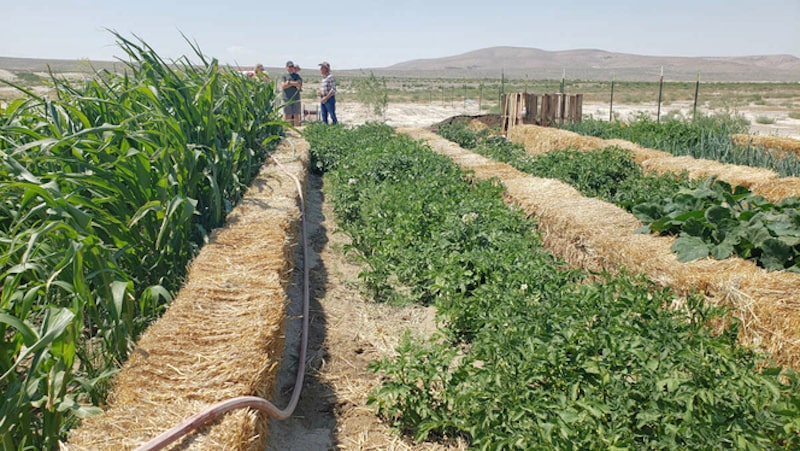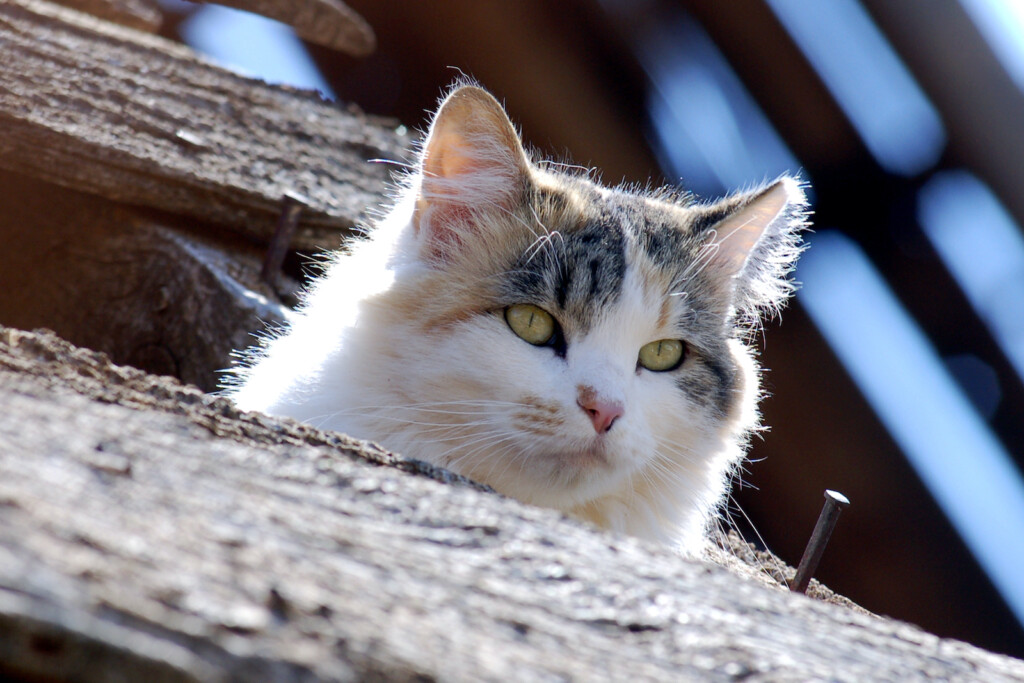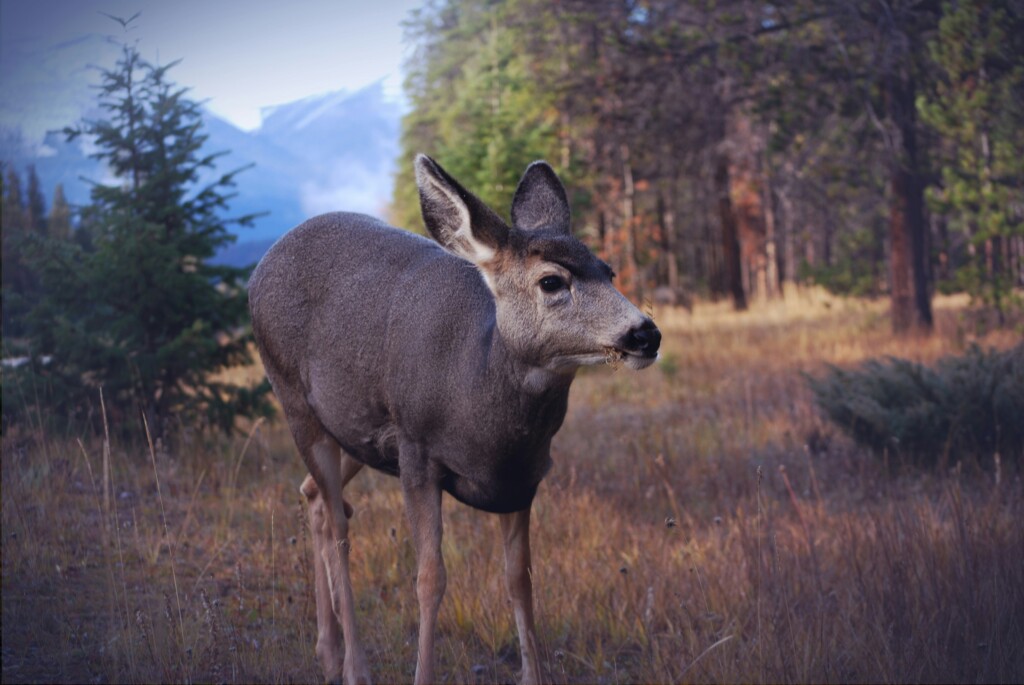
If you’ve ever thought of leaving the rat race for an off-grid life, here’s your chance.
There is an unincorporated community tucked away in northern Juab County, where modern families can trade a life of gridlock, utility bills and grocery shopping for a life of self-reliance and cooperation with like-minded folks in an agrarian desert paradise.
Riverbed Ranch is an off-grid farming community presently comprising 125 shareholders in what will eventually become a 250-family, online-but-off-grid, self-reliance community as an agricultural co-op under Title 3 of the Utah Code, also known as the Uniform Agricultural Cooperative Association Act.
Co-ops are nothing new, of course, and most Utahns are familiar with the original Zion’s Cooperative Mercantile Association (ZCMI), which brought early Salt Lake businesses together to pool their resources, selling everything valley residents could possibly want at reasonable prices, and eventually becoming America’s first department store.
Less familiar is the more recent Utah OSR Land Co-op, Utah’s 1st and only non-profit land developer. The unincorporated town of Riverbed Ranch was created by the Utah OSR Land Cooperative, and is a non-profit, off-grid community created for the benefit of co-op members. The purpose of a co-op is to minimize costs, whereas traditional land developers are in business to maximize profits.
Jesse Fisher is the Social Media & Events Coordinator of Operation Self-Reliance at Riverbed Ranch. He and his family were the 16th shareholders to take advantage of the opportunity to leave the daily grind behind, but he worries that some people may misconstrue the true intent of Riverbed Ranch.
“As I speak with people about our project,” Jesse says, “I’m amazed at how many have no understanding of the difference between a cooperative and a cult. You can google the attributes of both and find that there is no commonality whatsoever. Cults are top-down hierarchies created for the power, gain and glory of their leader. Cooperatives are the opposite! They’re groups of people who work together as equals for their mutual benefit. That’s what Riverbed Ranch is doing. In fact, our founder is already retiring from leadership, and we’re just getting started! I’ve worked closely with him for three years now on this project and know that he has no interest whatsoever in being a ‘glorious leader’.”
Co-op members can get access to up to 100 acres for whatever their ideal (legal) agricultural project may be. In addition, each shareholder gets exclusive rights to 2.0 to 2.4 acres on which they agree to build an off-grid house, barn or shop, greenhouse, and garden. Each lot comes with at least 2.5 acre-feet of water rights (814,627 gallons of water per year). But even though it’s off-grid, Jesse says, “The internet is really fast!”

Multiple future amenities are being planned as the community develops, including a hiking trail, honey bee-friendly trees and bushes, a store, and maybe even a creek. An RV and camping park will allow shareholders to live in their RV while building out their homestead, and afterward, can be used by guests.
Jonathan & Cheryl Olson were the 100th shareholders to join in the prospect of a self-reliant way of living. “I’ve been concerned lately about how far I travel to work and how little time I get to spend with my family,” Jonathan says.
So they started looking for options.
“We saw it [Riverbed Ranch] online about six months ago,” Cheryl says.
They barely gave it a second glance at first, and were skeptical about the concept. “But the more we looked into it, the more we realized it had everything in it that we wanted,” Cheryl explains. “We could be self-sustainable and self-reliant. I could do all the gardening and the herbal medicine I wanted, and my daughter could be outside all the time if she wanted to be. She wouldn’t have to be stuck inside watching TV. She could be outside having adventures and learning how to garden with me, and to build things with her dad, and it just seemed like a great way for us to be together as a family, but also just to get away from the craziness of life. We’re really excited to be out there.”
More than half of the 250 lots are already spoken for, with about one being claimed each week.
For more information about Riverbed Ranch, contact Jesse Fisher at 385-202-6024, or visit their website.
RELATED CONTENT
A Millcreek Couple’s Modern Quest for Self-Sufficiency
Ogden Group Foodscapes Yards into Edible Gardens
40 Acres Not Necessary: Utahns are Homesteading in Urban Backyards
Urban Homesteading: Divest from Wall Street, Invest in Local Food
Challenges and Obstacles to Maintaining the Utah Lifestyle
SUPPORT LOCAL JOURNALISM AND SUBSCRIBE TO PRINT MAGAZINE





